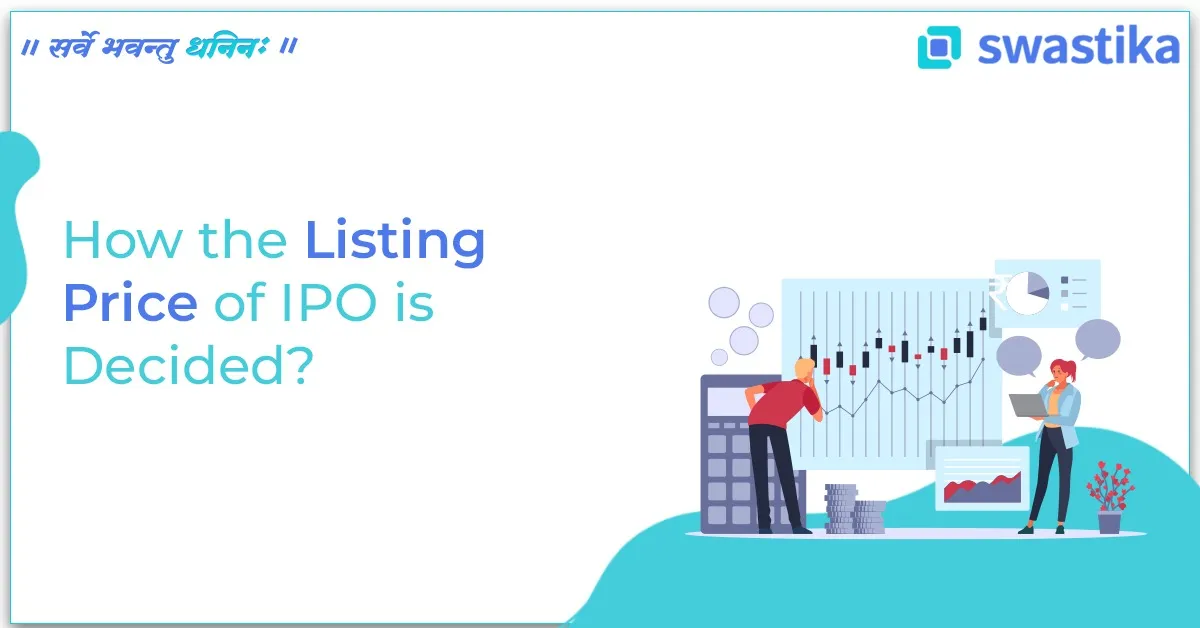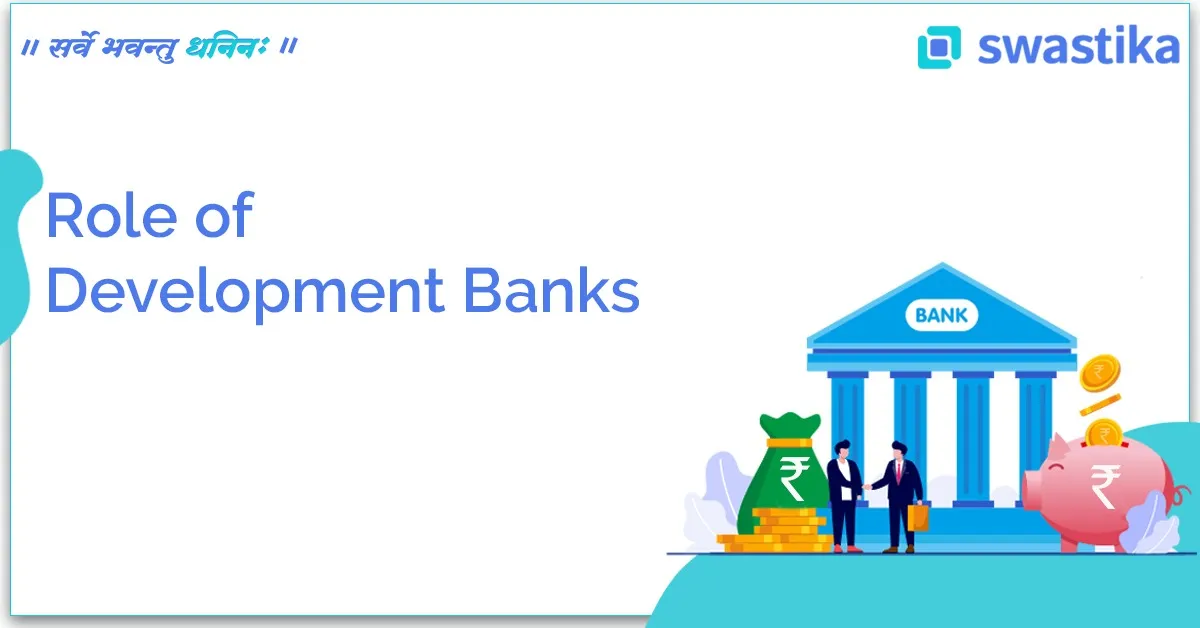Key Takeaways
- A potential meeting between Donald Trump, Vladimir Putin, and Volodymyr Zelensky is being discussed to end the Russia-Ukraine conflict.
- The outcome could have significant global economic repercussions, affecting energy prices, commodity markets, and international trade.
- For Indian investors, the primary impact would be on crude oil and fertiliser prices, given India's large import dependence.
- A swift resolution could stabilise global supply chains, benefiting export-oriented sectors and boosting investor sentiment.
- Swastika Investmart provides SEBI-registered expertise and tools to help you navigate such market volatility with confidence.
Navigating Geopolitical Headwinds
The Potential Impact of Trump's Ukraine Talks on Indian MarketsGlobal financial markets are inherently interconnected, and a seemingly distant geopolitical event can send ripples across continents, affecting everything from crude oil prices to the value of our domestic currency. A prime example is the ongoing discussion about a potential meeting involving President Donald Trump, Russian President Vladimir Putin, and Ukrainian President Volodymyr Zelenskyy. While the specifics of such a trilateral meeting are still being worked out, the very prospect of it has become a major talking point for investors worldwide.
This blog post will delve into the potential implications of a Trump meeting with Putin and Zelenskyy, analysing how different scenarios could play out and, most importantly, what it all means for the Indian financial market. We will explore the direct and indirect impacts, from commodity prices to policy shifts, and provide a framework for Indian investors to understand and respond to these developments.
The Geopolitical Chessboard and Its Economic Stakes
The Russia-Ukraine conflict, which began in 2022, has been a major source of global economic instability. It has disrupted supply chains, sent energy and food prices soaring, and heightened inflationary pressures worldwide. For a country like India, which is a net importer of commodities, this has been a particularly challenging period. Our reliance on imported crude oil and fertilisers has made us vulnerable to the price volatility driven by this conflict.
Now, with a new diplomatic initiative being championed by Donald Trump, there is a renewed sense of anticipation. His proposed approach, which reportedly focuses on a final peace agreement rather than just a ceasefire, could lead to a significant shift. While this has been met with mixed reactions globally, its potential to alter the economic landscape cannot be ignored. A sudden resolution could lead to a normalisation of trade relations and a softening of commodity prices. Conversely, a failure to reach an agreement could prolong uncertainty and lead to further market volatility.
How Different Scenarios Could Impact Indian Financial Markets
The Indian market, known for its resilience and domestic consumption-driven growth, is not immune to global events. The financial services industry, in particular, must be vigilant. Here’s a look at how different outcomes of the proposed meeting could affect key sectors in India:Scenario 1: A Swift and Successful Peace DealIf the talks result in a comprehensive and lasting peace agreement, the impact could be overwhelmingly positive.
- Crude Oil and Energy: A stable geopolitical environment would likely lead to a fall in global crude oil prices. As India imports over 85% of its crude oil, this would directly benefit our economy. Lower oil prices would reduce the import bill, strengthen the Indian Rupee (INR), and ease inflationary pressures. Companies in the paint, aviation, and logistics sectors, which are highly dependent on crude oil derivatives, would see their input costs fall, potentially boosting their profit margins.
- Food and Fertiliser: Russia and Ukraine are major exporters of grains and fertilisers. A resolution would re-establish crucial supply routes, bringing down the prices of these essential commodities. For Indian farmers and the agricultural sector, this would be a major relief, lowering the cost of cultivation and contributing to food security.
- Market Sentiment: A global de-escalation would significantly improve investor confidence. Foreign Portfolio Investors (FPIs), who have been cautious due to global risks, might increase their allocations to emerging markets like India. This could lead to a rally in key indices like the Nifty 50 and Sensex, benefiting a broad range of stocks.
Scenario 2: Talks Stall or FailThe risk of the talks failing is a reality. If an agreement is not reached or if the discussions prolong the uncertainty, markets could react negatively.
- Market Volatility: A lack of clear progress would prolong the current state of geopolitical tension. This could lead to increased market volatility, with FPIs pulling back and domestic investors taking a "wait and watch" approach.
- Commodity Price Spikes: Any renewed hostilities or lack of a resolution would keep commodity prices, especially energy, at elevated levels. This would maintain pressure on India’s trade deficit and could weaken the Rupee, making imports more expensive across the board. The Reserve Bank of India (RBI) might have to maintain a hawkish stance to combat inflation, affecting interest rates and credit growth.
- Sectoral Impact: Sectors dependent on imported raw materials, such as chemicals, metals, and consumer durables, would face continued pressure on their margins.
The Indian Regulatory and Market ContextIn this environment, the role of institutions like the Securities and Exchange Board of India (SEBI) becomes crucial. SEBI, the regulator of the Indian securities market, ensures a fair and transparent trading environment. As an investor, it is imperative to work with a SEBI-registered entity. This provides a layer of trust and security, protecting your interests in a volatile market.In times of global uncertainty, having access to expert advice and robust research tools is invaluable. Reputable financial intermediaries offer detailed reports, live market data, and expert analysis that can help you cut through the noise. They can explain complex scenarios, like the impact of a Trump meeting with Putin and Zelensky, and translate them into actionable investment strategies.
For example, when global oil prices spiked, a good financial advisor would have guided clients away from sectors with high energy costs and towards sectors that were insulated or even benefited from the situation. This kind of nuanced, expert-backed guidance is critical for making informed decisions.Case in Point: The Rupee and the US DollarA simple but powerful example of global-local linkage is the USD-INR exchange rate. Geopolitical tensions often lead investors to seek the safety of the US Dollar, causing it to strengthen against other currencies, including the Indian Rupee. A strong dollar makes our imports more expensive, from oil to electronics, and can fuel inflation.
If the Trump-led talks succeed, the resulting decrease in global risk aversion could lead to a weakening of the dollar and a strengthening of the Rupee. This would be a welcome development for the Indian economy, reducing import costs and potentially boosting exports.
Conclusion
The prospect of a Trump meeting with Putin and Zelensky represents a high-stakes geopolitical event with tangible economic consequences for India. While the outcome is uncertain, a prepared investor can use these moments of flux to their advantage. Understanding the potential impacts on key sectors and commodities is the first step.The next is to partner with a trusted financial firm that provides the expertise, trustworthiness, and advanced technology needed to navigate these waters. At Swastika Investmart, we pride ourselves on being a SEBI-registered entity with a deep commitment to investor education, robust research, and seamless tech-enabled investing platforms. Our goal is to empower you with the right tools and knowledge to make confident investment decisions, no matter how the global landscape shifts.
.webp)

.png)




.webp)
.webp)

.webp)






